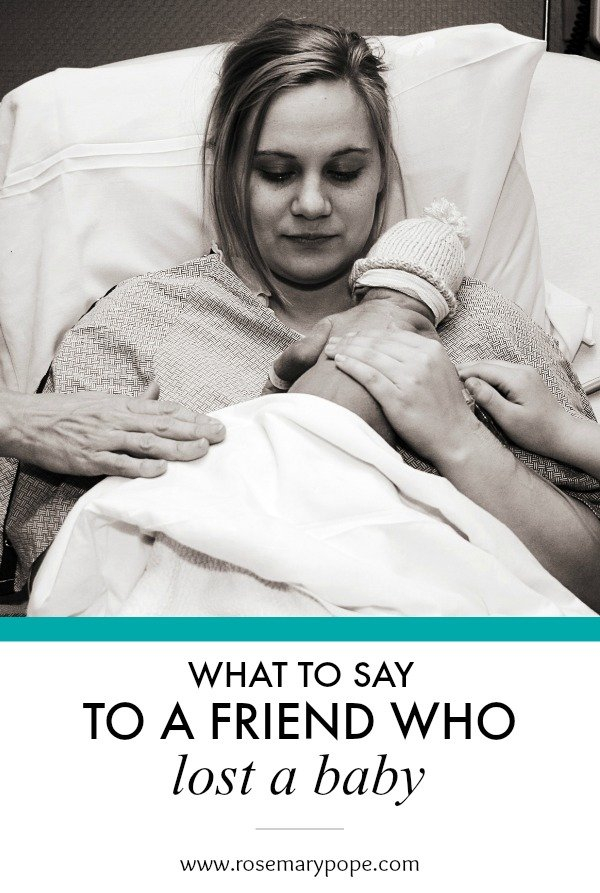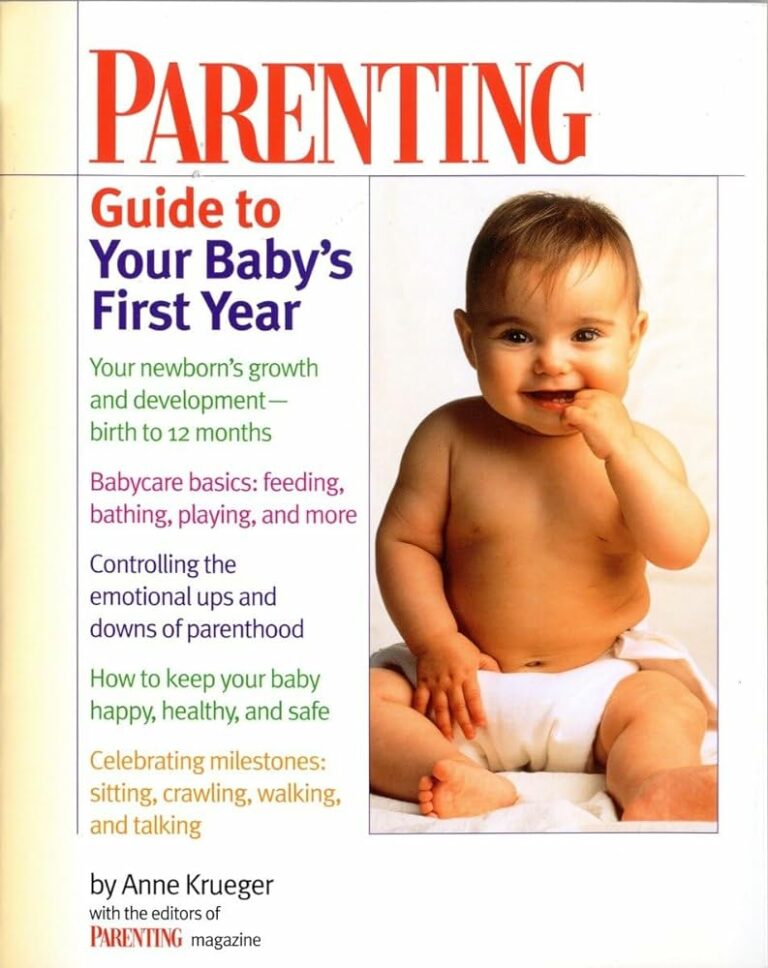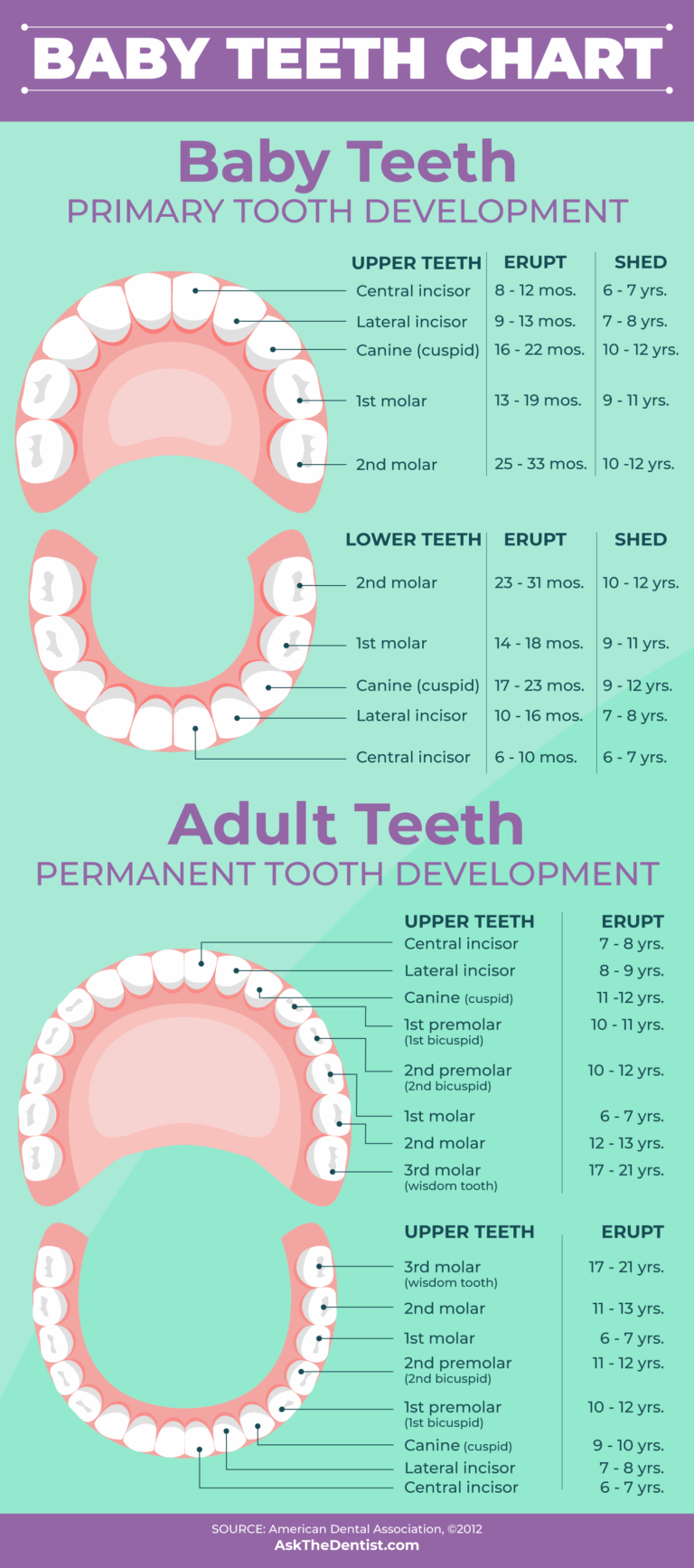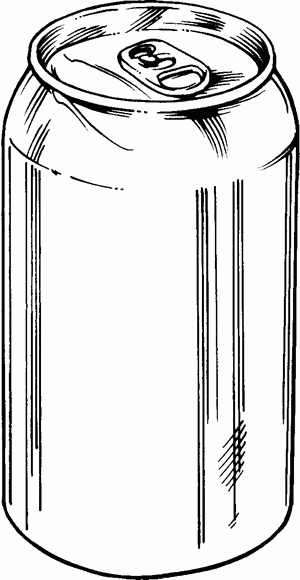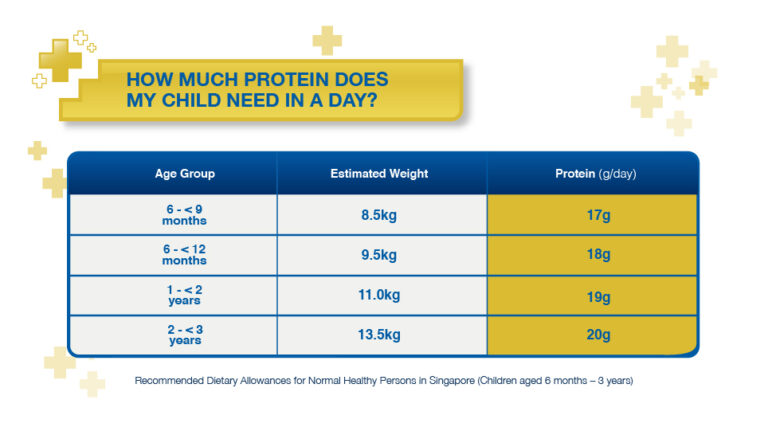How Early Can Baby Start Teething
Are you a new parent wondering when your little one will start teething? The journey of watching your baby grow and develop can be both exciting and overwhelming. One of the significant milestones in a baby’s life is the emergence of their first teeth. In this article, we will delve into the topic of how early babies can start teething, providing you with essential information and guidance.
Knowledge
Teething is a natural process that all infants go through as their primary teeth begin to emerge through the gums. Typically, babies start teething around six months of age, but the process can begin as early as three months or as late as twelve months. It’s essential to remember that every child is unique, and the timing of teething can vary.
One of the early signs that your baby is teething is excessive drooling. You may also notice that your little one is more irritable or fussy than usual. They may have swollen or tender gums and want to chew on things to alleviate the discomfort. Providing a teething toy or a cold washcloth for them to chew on can help soothe their gums.
As your baby’s teeth start to come in, you may see the first tooth poking through the gumline. The lower front teeth, also known as the central incisors, are usually the first to appear, followed by the upper front teeth. Over time, more teeth will continue to emerge until your baby has a full set of primary teeth.
It’s essential to take care of your baby’s oral health from the start. You can gently clean their gums with a clean, damp cloth after feedings to remove any bacteria. Once their teeth start coming in, you can begin using a small, soft-bristled toothbrush to clean their teeth twice a day. Avoid putting your baby to bed with a bottle of milk or juice, as this can lead to tooth decay.
Conclusion
In conclusion, understanding when babies can start teething is an essential part of parenting. By being aware of the signs and symptoms of teething, you can help ease your baby’s discomfort and ensure their oral health is taken care of. Remember that every child is different, so don’t be alarmed if your baby’s teeth come in earlier or later than expected.
Overall, this article caters to new parents who are navigating the world of teething and offers valuable information to guide them through this developmental stage. Teething is a natural process that all babies go through, and being prepared can make the experience more manageable for both you and your little one.


